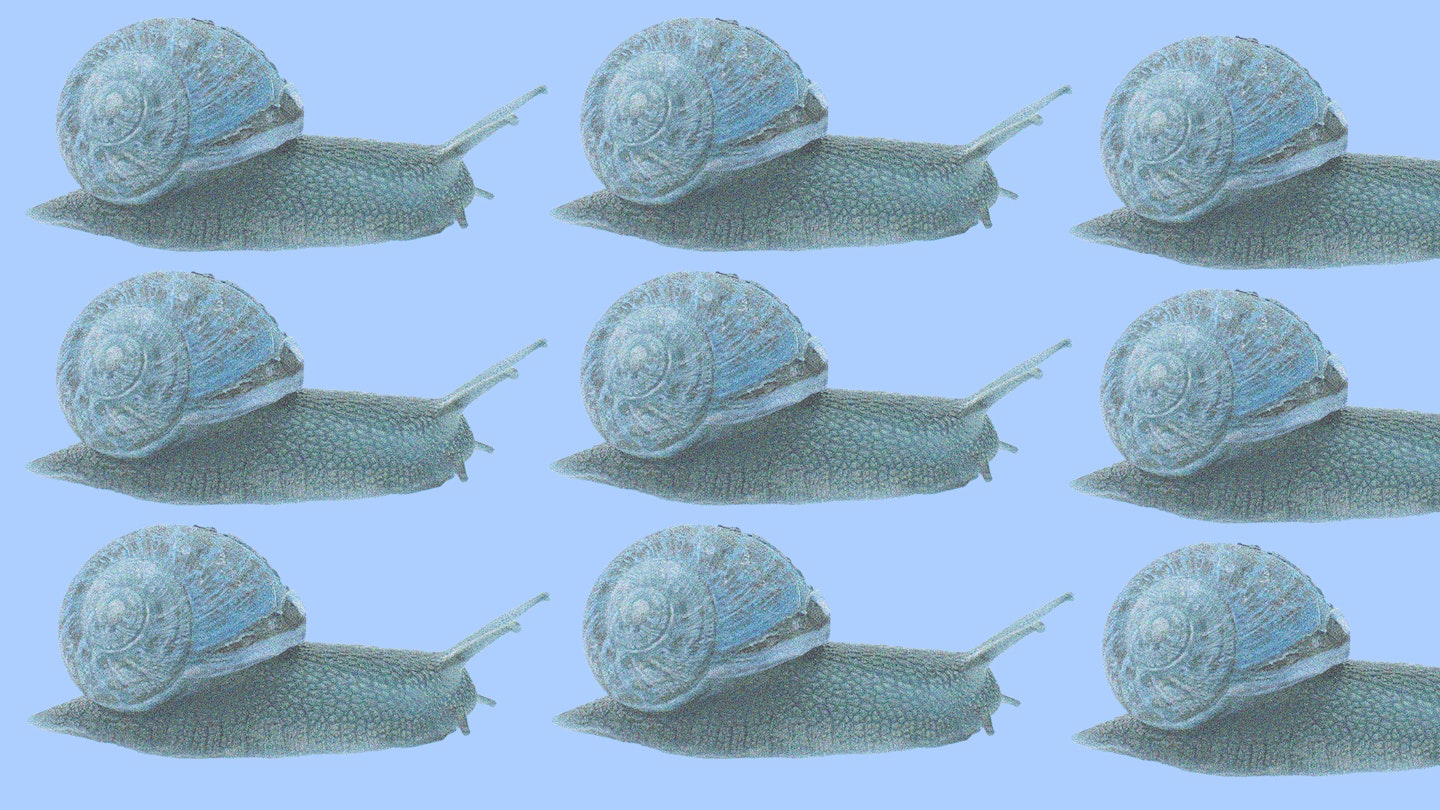I feel a wave of relief as I press play on the podcast app.
A soothing American voice washes over me like, reminding me that I just have to take things slow, treat myself with compassion, declutter, meditate and be present.
‘This is a podcast about pacing yourself,’ she says softly, her voice like honey.
‘How to avoid burnout, improve your productivity and activate your creative mind. All through the simple act of slowing down.’
I’m giddy just thinking about it.
This particular podcast is called Hurry Slowly. It joins The Slow Home, The Slow Revolution, The Slow Hustle, The Minimalists, A Sustainable Mind, The Wellness Coach, Embracing Minimalism and The Art of Broke on my iPhone.
Read more: Natural anti-depressants to boost your mood
Discover: Natural Anti Depressants
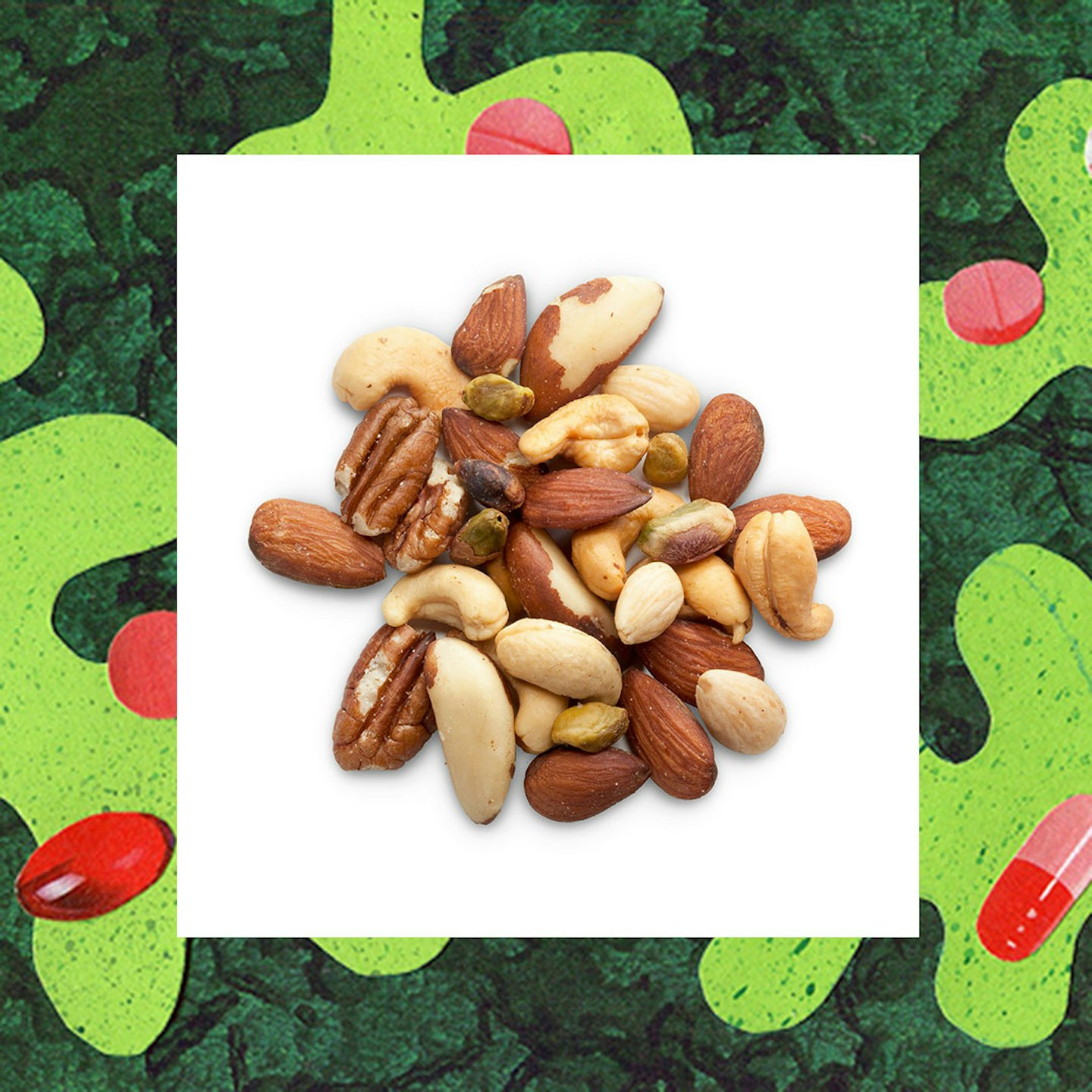 1 of 11
1 of 11Omega 3
Omega-3 fatty acids are essential minerals which reduce inflammation and are vital to brain functions such as mood and memory. Your body doesn't produce them naturally so you can only get them in you via food (like fish, nuts and seeds) or dietary supplements.
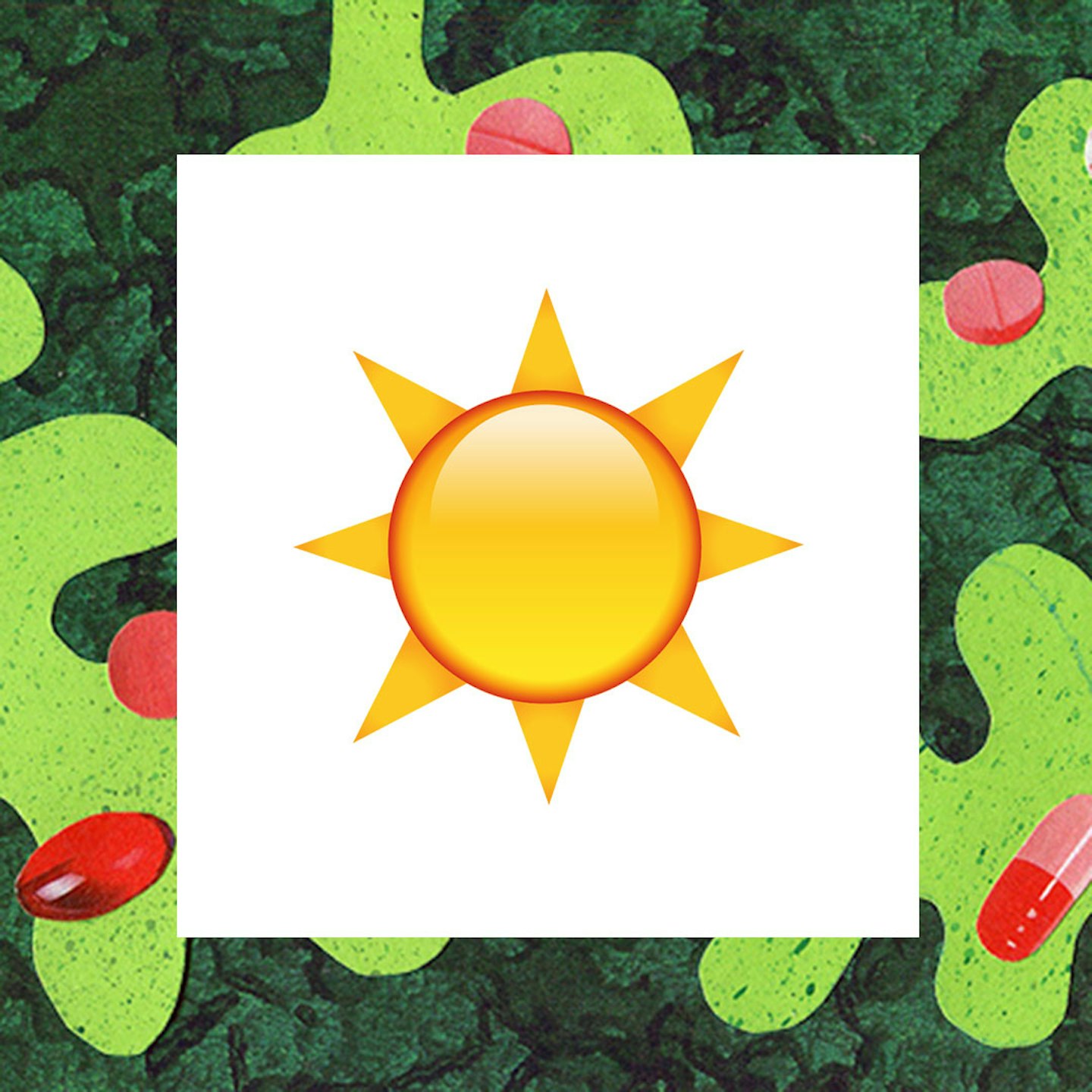 2 of 11
2 of 11Vitamin D
In addition to bone health, Vitamin D can play a vital role in the areas of the brain that are linked to the development of depression and other mental health problems.
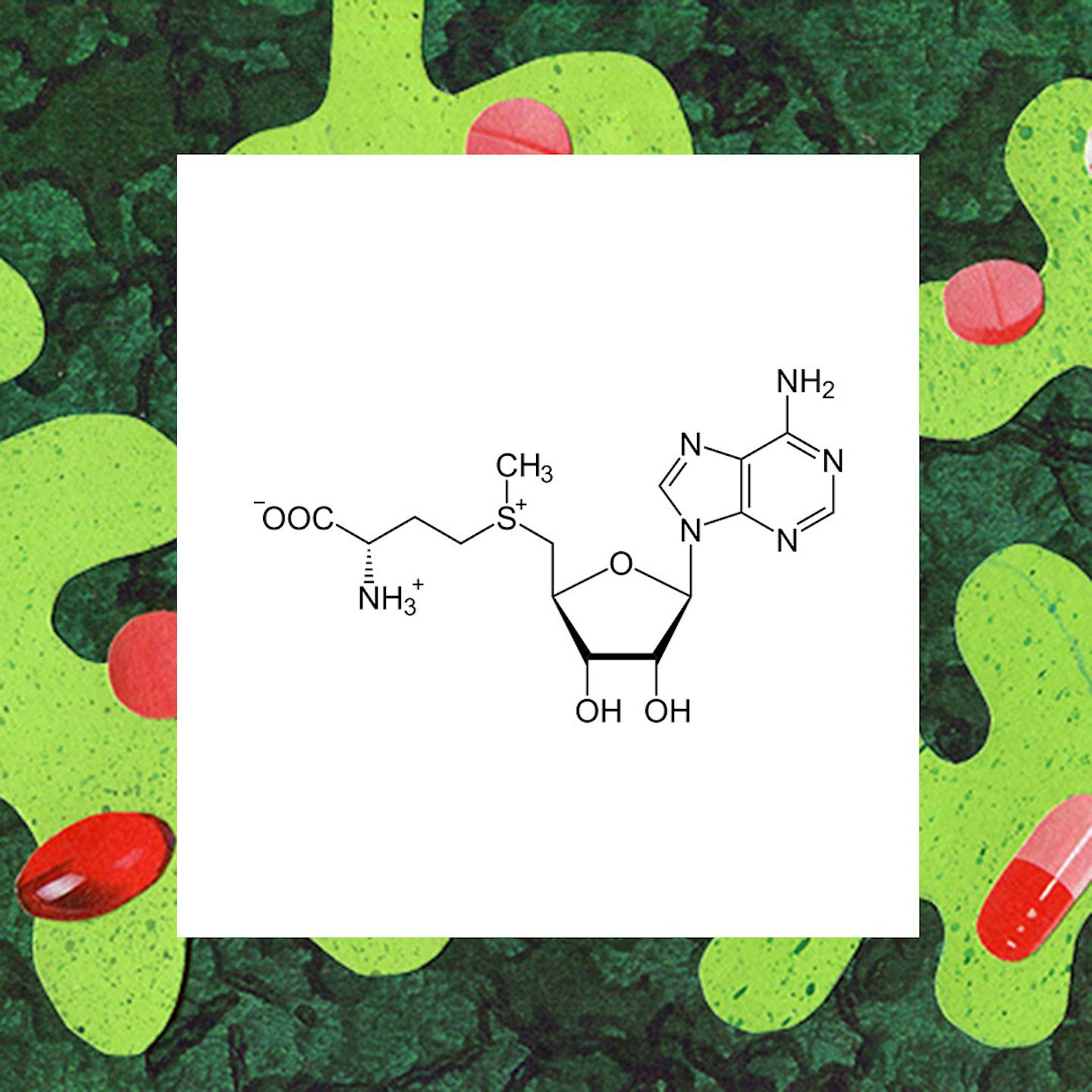 3 of 11
3 of 11S Adenosylemthionine
SAMeis a molecule that the body naturally forms and is available as a dietary supplement. In addition to depression and anxiety, it can be used for many other conditions including heart disease, fibromyalgia, tendonitis and many more. It is also recommended for PMS. It works by making sure that chemicals in the body that play a role in pain, depression, liver disease, and other conditions, actually do their job.
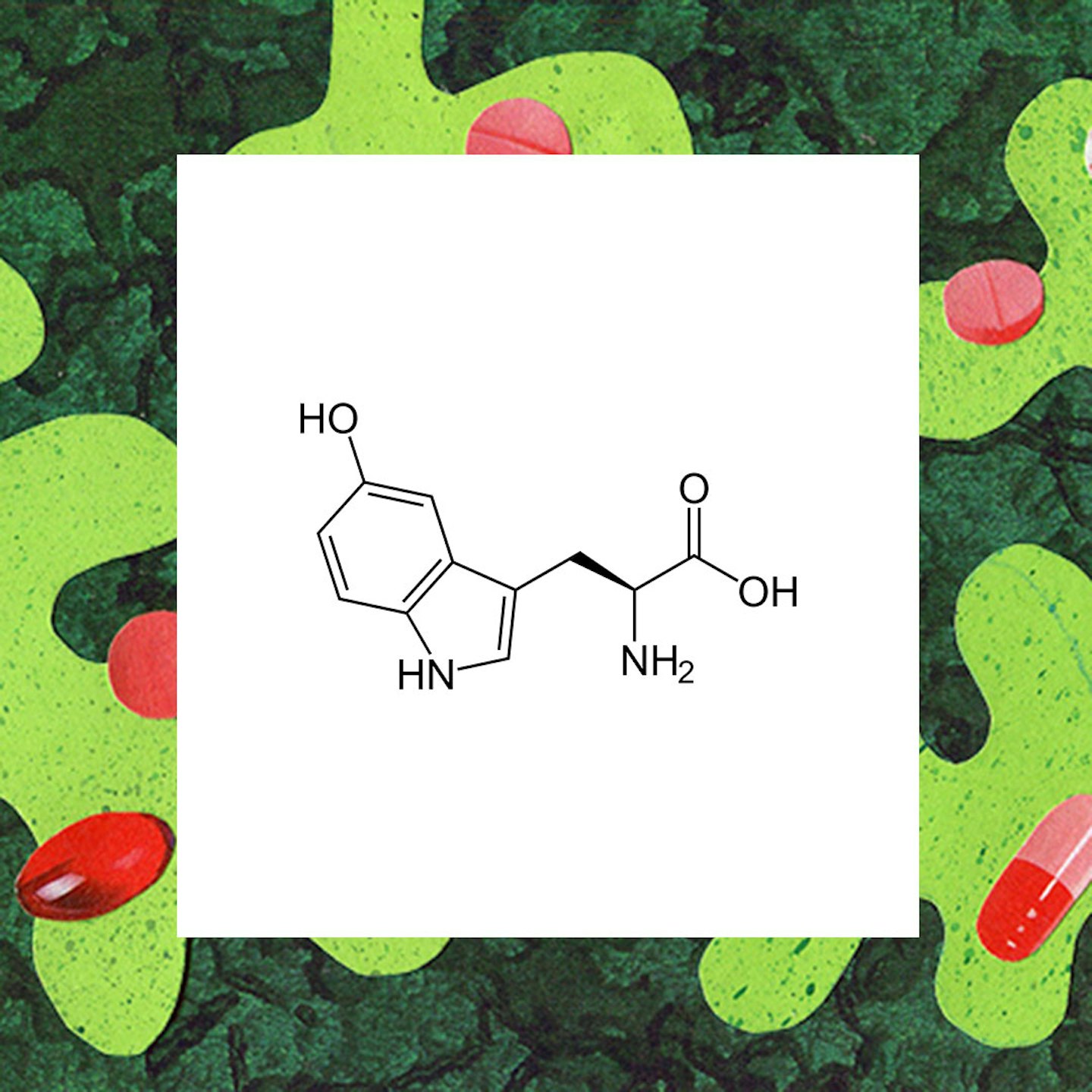 4 of 11
4 of 115-Hydroxytryptophan (5-HTP)
Like SAMe,5-HTP is also a chemical (an essential amino acid) that the body makes naturally. It works by helping to raise the serotonin (the happy hormone) levels in the brain. 5-HTP has been known to have a positive effect on sleep, mood, anxiety, appetite, and pain.
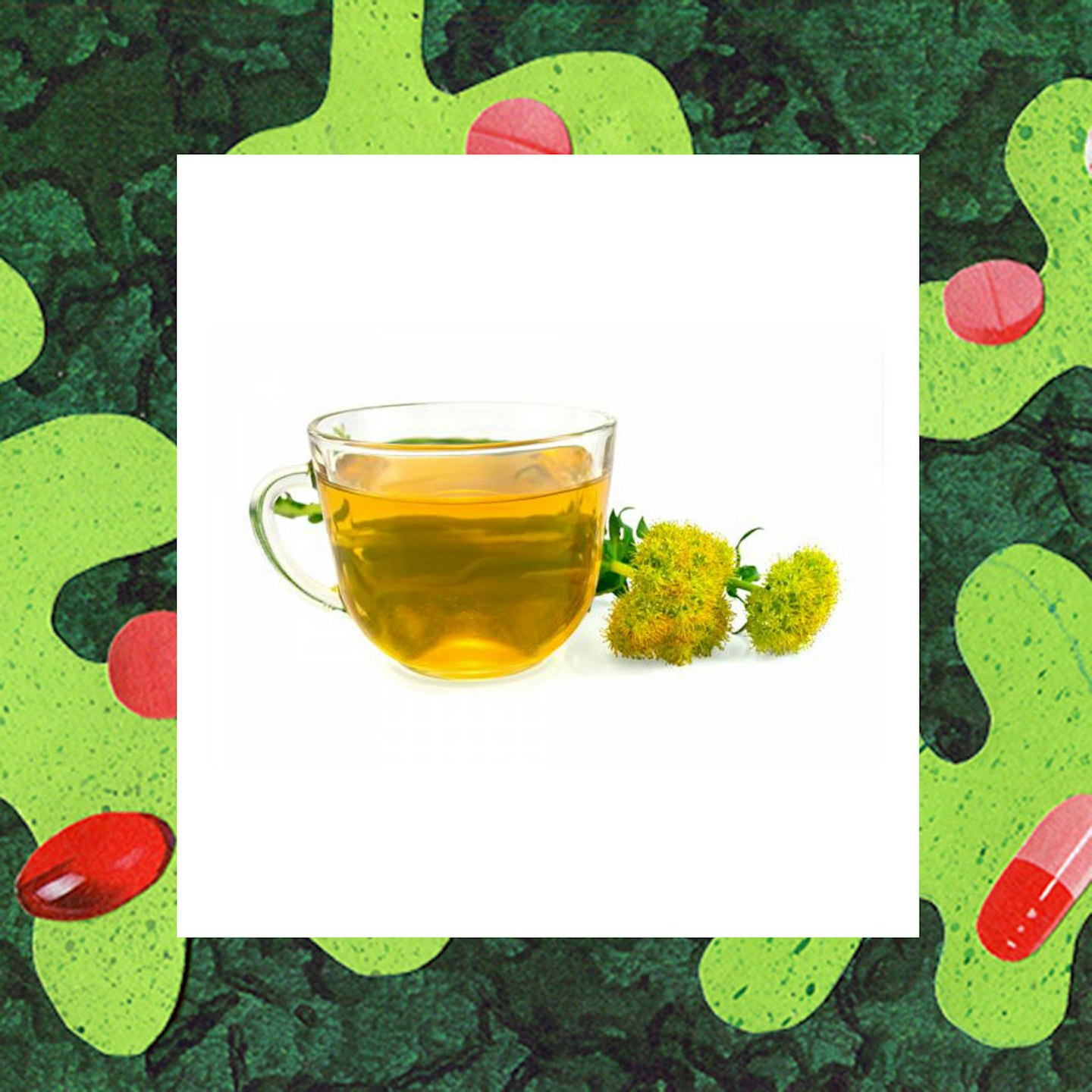 5 of 11
5 of 11Roseroot Herb
A study conducted on whether the Rhodiola Rosea (Roseroot) herb was effective for depression showed that it was almost as effective as the popular antidepressant, Sertraline (Zoloft), but with fewer side effects. The herb boasts strengthening the nervous system, fighting depression, enhancing the immune system and memory, elevating stamina, aiding in weight-loss and increasing sexual function.
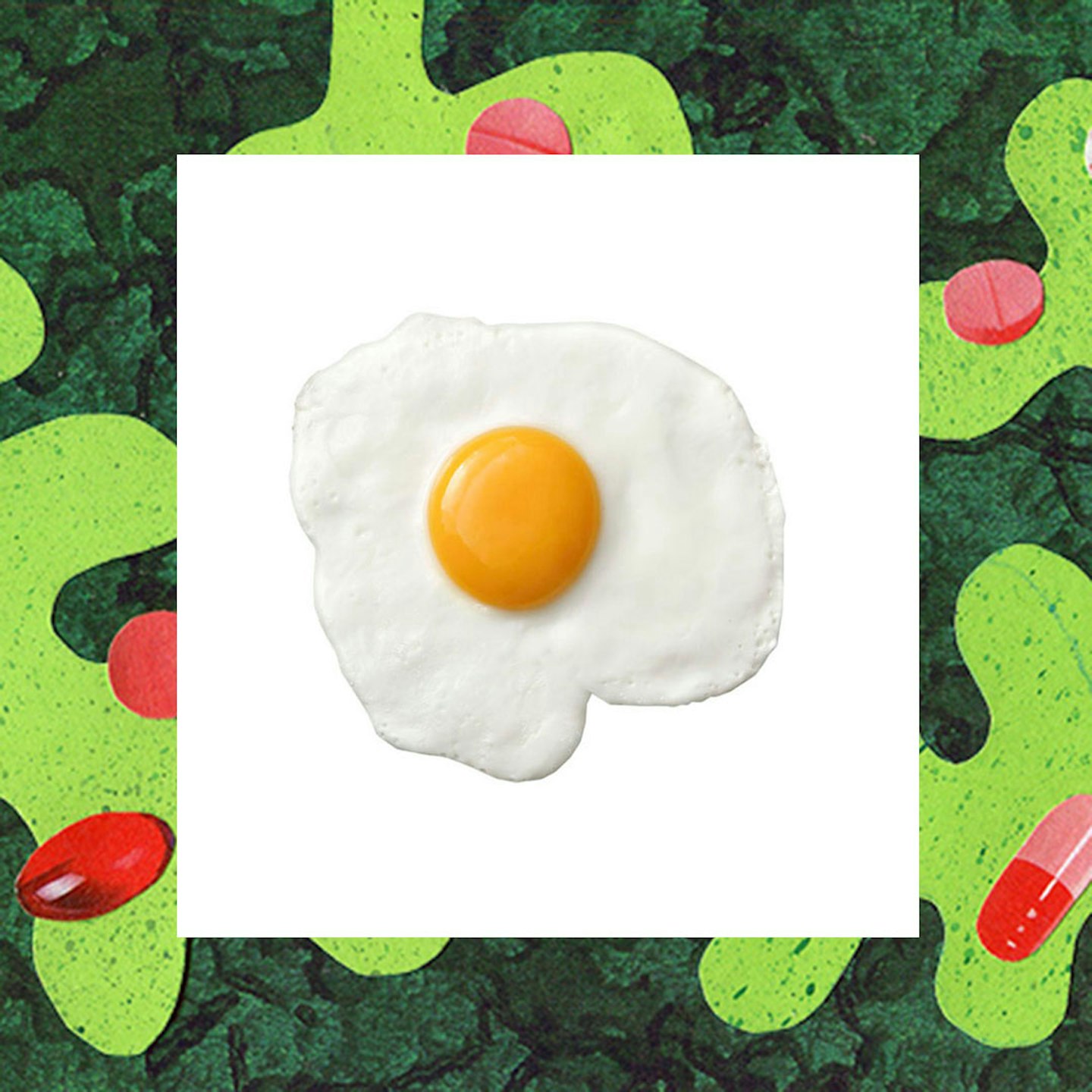 6 of 11
6 of 11Iron
A lot of adults, especially women, suffer from iron deficiency, and guess what? Iron deficiency symptoms are pretty similar to depression symptoms, i.e. fatigue, irritability, and foggy brain. The recommended daily iron allowance in adults is roughly 8 to 18 mg daily (check with your doctor though because everyone's number is different).
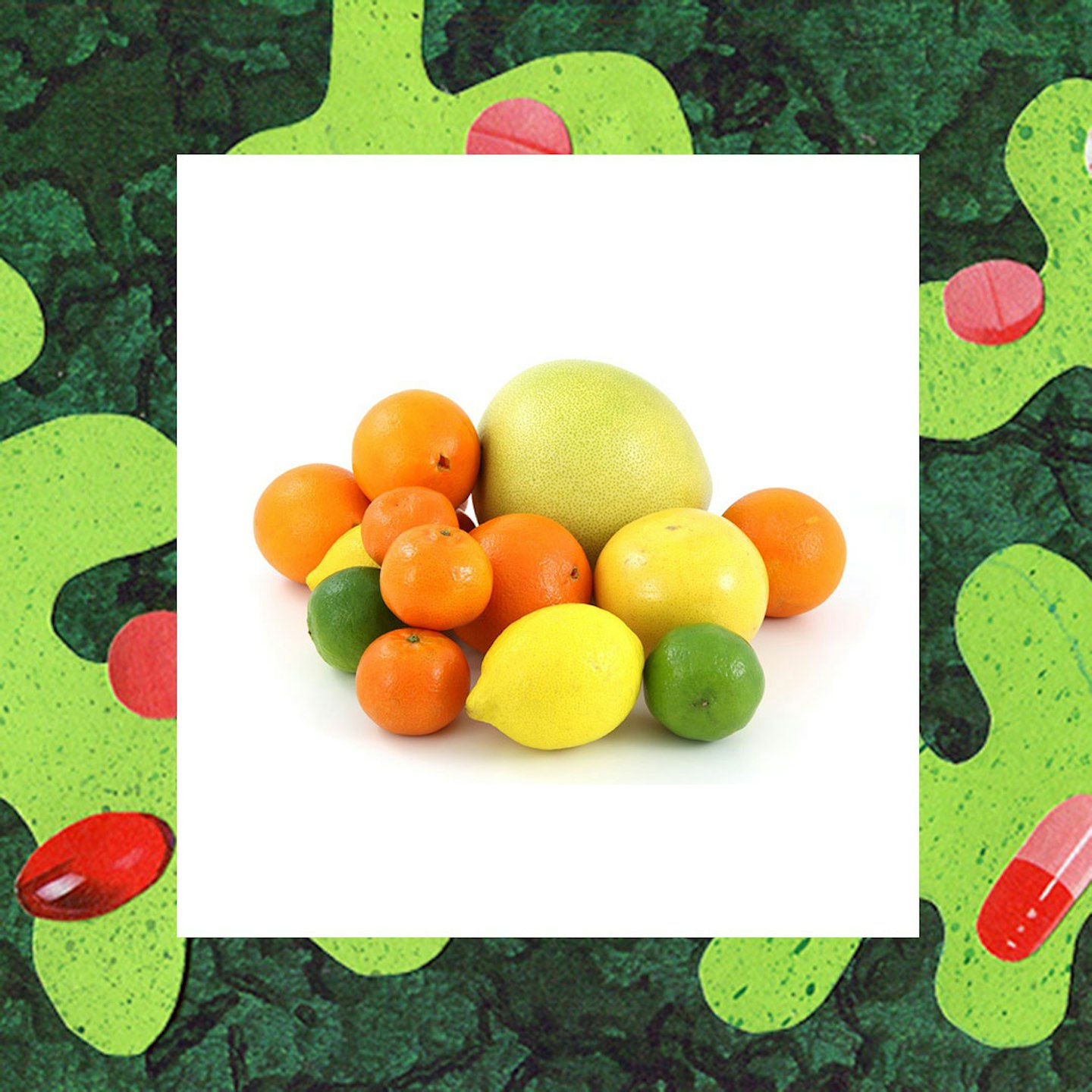 7 of 11
7 of 11Folate
If you don't have enough folate, antidepressants may not work. Some docs prescribe folate along with antidepressants to treat depression and improve the effectiveness the medication. Most adults need at least 0.4mg daily, which you can though food including dark leafy greens, beans and citrus fruit, or as a supplement.
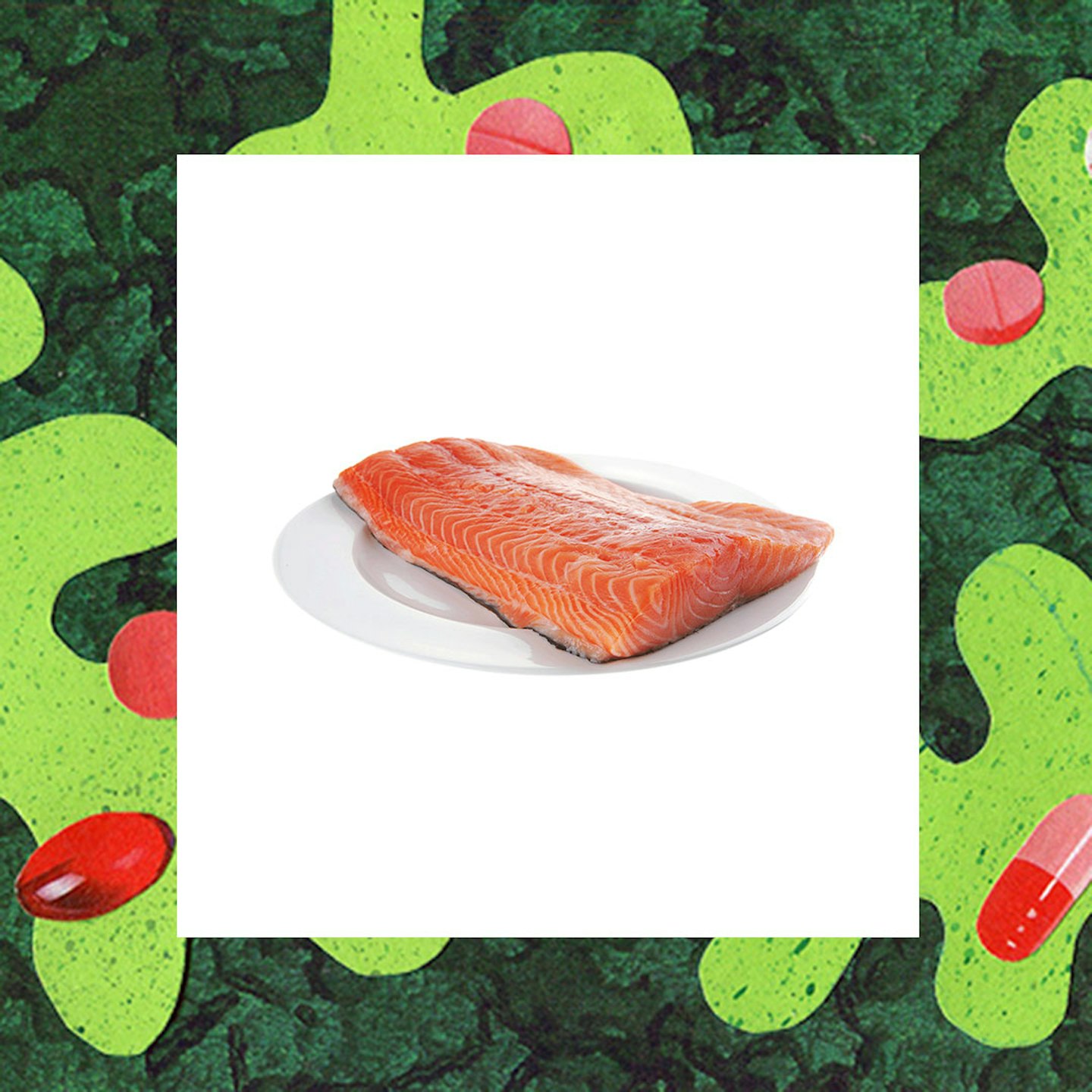 8 of 11
8 of 11B12
Vitamin B-12 and other B vitamins can play a role in producing mood-affecting brain chemicals and low levels of these may be linked to depression. If you have a poor diet and the body can not absorb enough B vits, your mood can be severely affected. Getting a blood test will determine how much of the B goodness you have in your system, and whether you need to stock up. B vitamins are found in animal products like milk, fish, meat and eggs, so if you are a vegan, you should definitely be getting your B's from dietary supplements and vitamins.
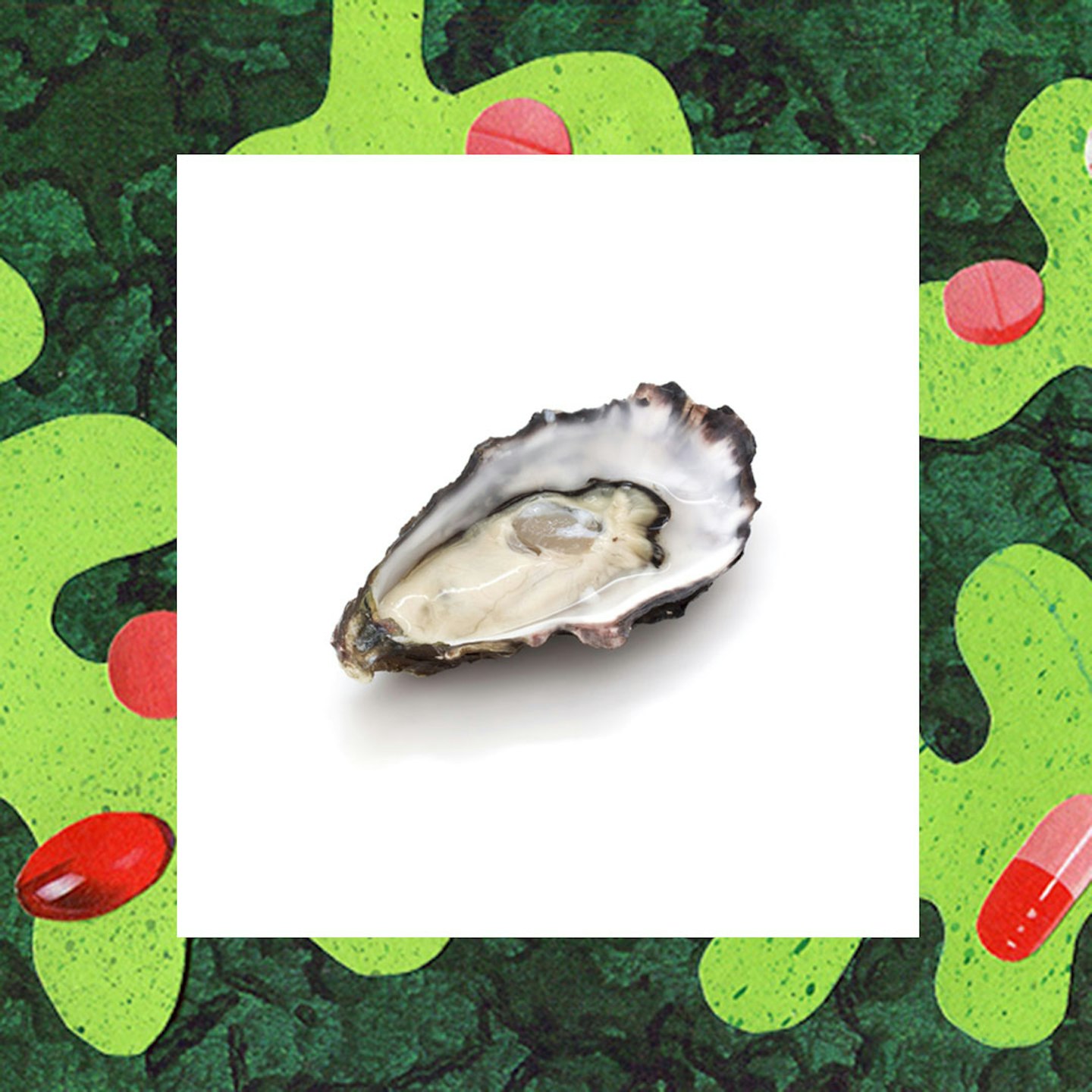 9 of 11
9 of 11Zinc
Zinc is crucial to our system as it activates our digestive enzymes breaking down food, and helps prevent food allergies, which can avert depression. It also helps our DNA to produce and repair proteins, control inflammation and boost our immune system.
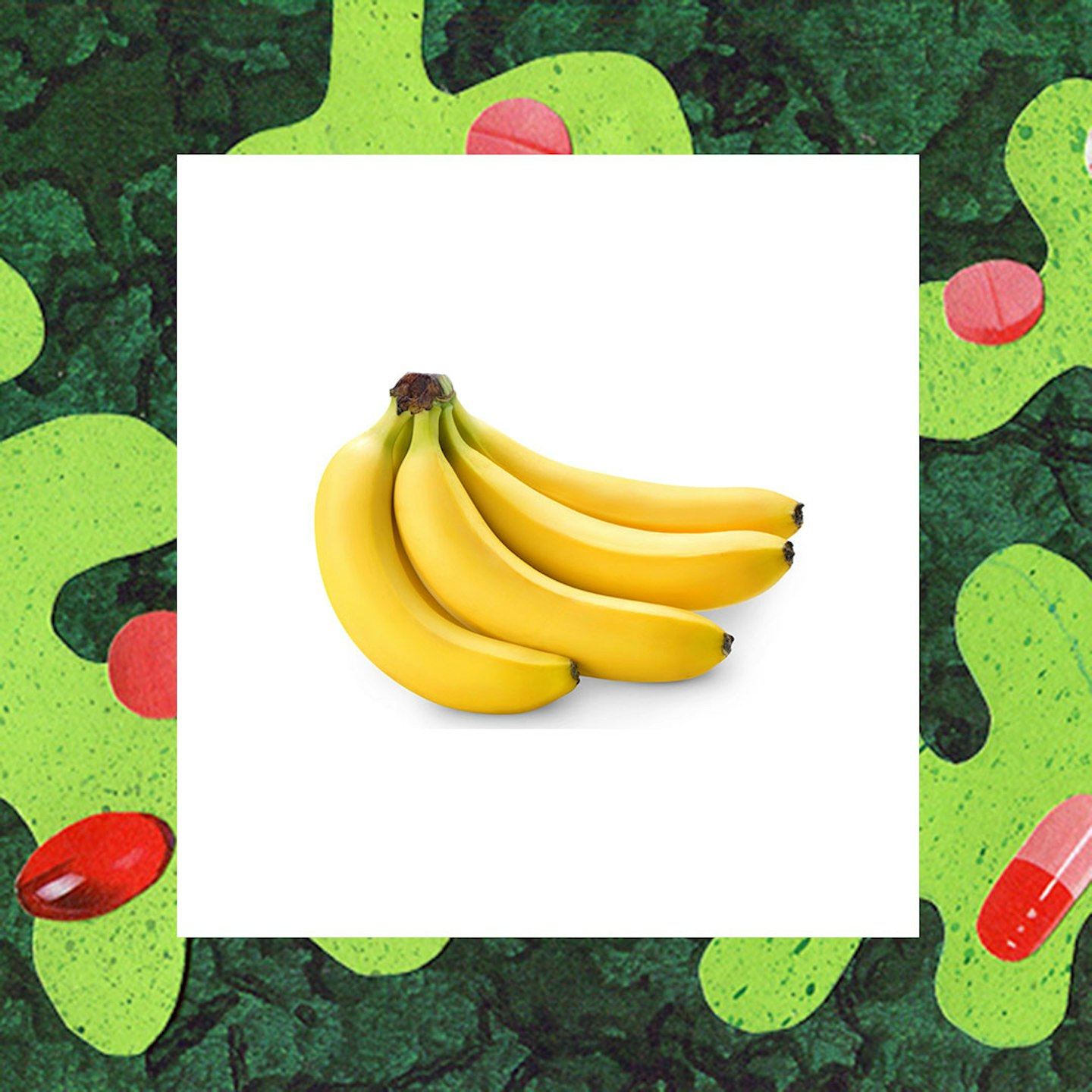 10 of 11
10 of 11Tryptophan
Tryptophan is an essential amino acid which you get through food such as bananas, tamarind, oats, sesame seeds, kiwi and watermelon. Once in the body, it converts to niacin, serotonin and melatonin. Most antidepressants work by increasing the amount of serotonin in the brain and Tryptophan helps to increase serotonin levelswithout the extreme side effects of meds.
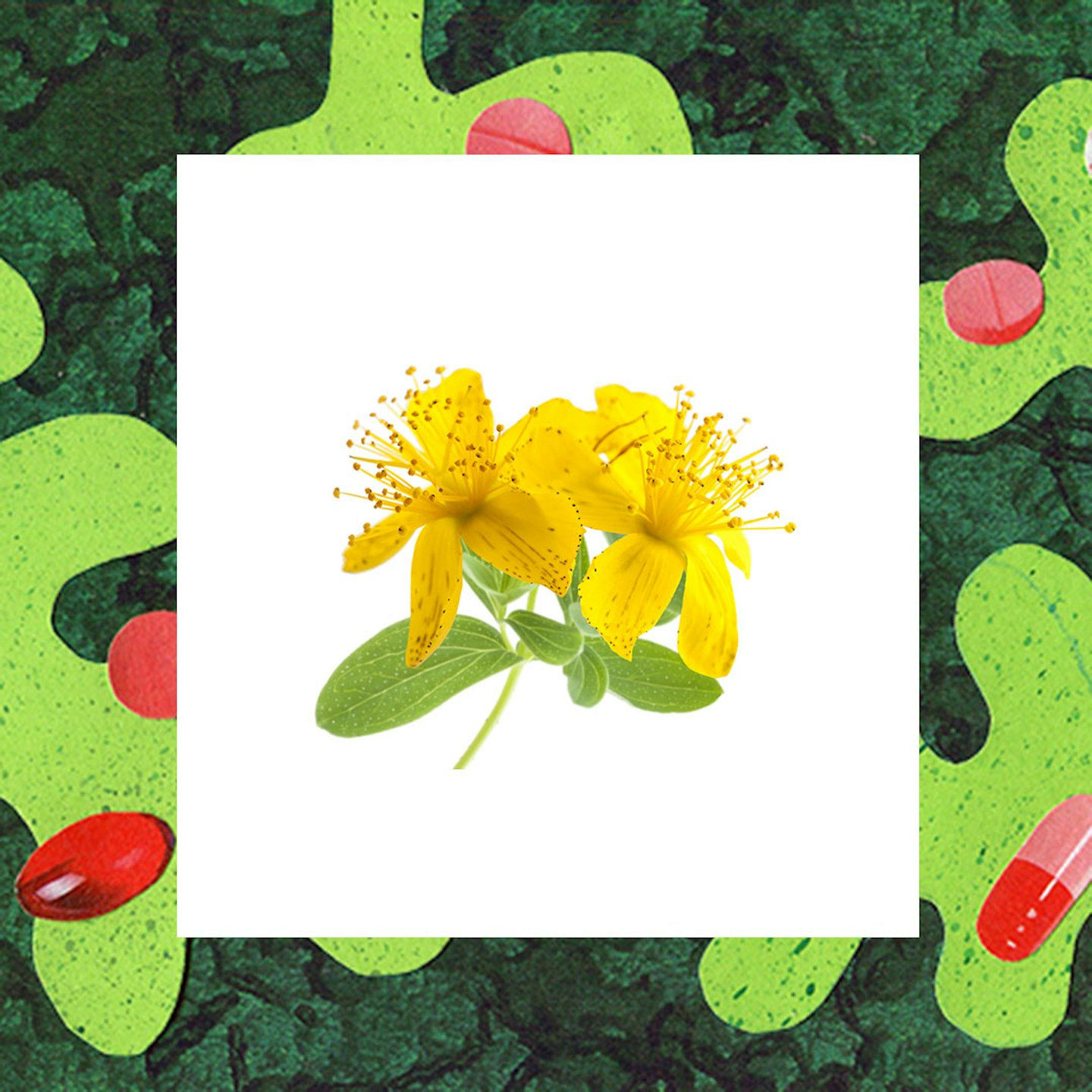 11 of 11
11 of 11St John Wort
St John's Wort has been around for yonks and is one of the most popular natural methods used for dealing with stress, anxiety and depression. It's a plant with yellow flowers. There has been some scientific evidence that St. John's wort may be helpful in treating mild depression. It's been claimed that it works just like regular antidepressants in that it inhibits the reuptake of the neurotransmitters serotonin, norepinephrine, and dopamine.
By now I must have binge-listened to several hundred hours of Slow Living recordings, but my mind is as fast and flighty as it ever was.
Yet I continue to believe that if I listen to enough people telling me how great meditation is often enough, I’ll eventually absorb the benefits, as if by osmosis, without having to sit and do it myself.
It all started with minimalism.
I’d always had a mild fetish for storage. Life hacks were my jam, Muji my Mecca.
The Minimalists’ 30-Day Challenge seemed like a natural next step. Get rid of one item on day one, two items on day two and so on until you’ve got rid of a whopping 465 items.
A month later, liberated of 400 bottles of gloopy nail varnish and 65 sundries I hadn’t been aware I had, I decided to take it up a notch. I downloaded The Life-Changing Magic of Tidying Up (onto my Kindle so as not to add to my bulging bookcase).
And thus Month Two of my descent into madness was sponsored by the KonMari Method.
The charity shoppers of North London rejoiced as I thanked each item for its service, each sock, each once-used condiment bottle, and I let them go.
I was nailing this. My flat was becoming emptier by the day. But so was my life.
The physical clutter I’d taken to the charity shop appeared to have no effect on my cluttered mind.
Instead of procrastinating less thanks to the minimalist space, I procrastinated more. I tried to find new ways to get rid of things, to purge my property. Things were the enemy.
If ever I had work to do, if ever I had time to sit and write my much-dreamed-of novel, I decluttered feverishly. I became zealous, obsessive. My boyfriend became frustrated; where had I put the Lea & Perrins?
I thought that if I just got rid of enough stuff, stripped enough back from my life, really slowed down and simplified, I would find my true self under the heap and everything would be calm forevermore. I’d reach a plateaux of peace.
But from there it was a slippery slope. I started looking to the self-appointed slow gurus for guidance. It didn’t matter that I found them all sanctimonious, or that they were often depressed, usually anxious and, well, just plain annoying.
Strangely, many were also Australian. They would be my salvation.
I listened on my commute, at work, in the gym, walking around the shops, and while I did the washing up. They advised me to be present, but I traded my present for their presence.
The Slow Home Podcast suggested I write my Eulogy to help me ‘Find My Why’. Because once you know your ‘why’ you can start to live it.
Well hand me a pen.
In other episodes it recommended ruthless prioritising, unplugging; the presenter even explained the freedom of choosing not to dye her hair anymore for A Simpler Life.
I, like so many others, had deitised busy-ness, and needed to stop. This new way sounded so appealing. But as I stopped worrying about what I wore, how I looked, and renounced all the trappings of modern consumerism, I slowly realized I was also losing my identity.
Other Slow bloggers suggested Slow experiments. I tried them all. I went on a shopping ban, I embraced JOMO (Joy Of Missing Out), turning down all but essential invites. I took social media off my phone (despite working as a sometime social media manager); I meditated for 10 minutes every day; I swore only to buy slow fashion; to eat slow food; to have slow mornings.
That was what I needed, I thought. Some ground rules. This would make me hyper productive. Once I decluttered I would stop wasting time cleaning. Once I cracked my phone addiction I would stop wasting time scrolling. Once I nailed meditating I would stop wasting time being tired. Once I prioritised I would stop wasting time on the little things that didn’t really matter. I read a book called ‘How to be a Productivity Ninja’. And yet...
After a few months I should have been knocking this slow lifestyle out of the park. I mean, by this point I had no shoes. But instead I felt more frazzled than ever. I’d fallen fully into the ‘it’ll be better when…’ life trap. But when was now.
I knew I should be eschewing all things, and yet I wanted that new jumpsuit and a pineapple-shaped cushion. I should be enjoying my downtime at home, but I missed being at the pub with my friends. Hell, I missed my friends.
And doing things slowly is bloody time consuming.
By the time I’d fitted in a meditation, thought about three things I was grateful for, made time for a slow breakfast, commuted mindfully, taken a real lunch break, written in my journal, read a bit of a book, cooked a proper meal (slowly, no microwaves involved), remembered to turn my phone off an hour before bed, timed my bath so my sleep hygiene would give me the best chance of a perfect night sleep…. I was exhausted.
And that didn’t even include any attempts to be a good girlfriend/friend/daughter/human. TV was the enemy, according to the gurus, but come the evening I was too tired to do anything but binge watch The Good Place.
The raison d’etre of all these podcasts is to help you live a slow life in a ‘fast-paced world’, but I found they put so much added pressure to be perfect, all the while telling you that you didn’t have to be. Of course you have to work for what you want, but for me, it was a dichotomy I couldn’t cope with.
Especially as I didn’t get the very thing all these podcasts purported to give you: time. Those uninterrupted stretches of time in which you can actually get work done were what I’d been promised. I must be doing it wrong, I thought. I’d have to try harder.
And so I would, pushing my meditation to 20 minutes, all while fidgety and distracted. A few days later I’d crack and buy the whole ground floor of Primark, end up in Pret at 5pm begging for a flat white, made worse by the guilt of forgetting my reusable cup because I’m not supposed to be drinking coffee anyway.
I’d end up on half-day YouTube binges, and Facebook stalk my friend’s ex’s sister’s new boyfriend, Whatsapping everyone I’d ever met and trying to catch up with three days-worth of Twitter.
I’m not saying some of the stuff isn’t useful. Many of the topics discussed and the issues raised are common to all of us and are valid first world problems. There’s nothing wrong with taking a good hard look at your life and making plans, setting goals and establishing your priorities. But a plateaux of peace does not exist.
Life is quicksand and rather than slow down, the only way to survive is to strengthen your core and constantly correct. Think about these problems, sure, but realise that a podcast can’t save you. Not everyone is meant to live barefoot in a forest homestead.
Now, I’m a recovering Slow Lifer. I am still trying to accept I probably won’t ever be a minimalist with a tidy home. That I will never be any better at yoga than I am right now. That I will probably be at least slightly late to the majority of the rest of my life. That my biggest contribution to the UK economy will be buying storage solutions and budget homewares in Tiger.
And frankly, that’s hard to accept, when all these bloggers and podcasters insist that achieving more is all about doing less. If I can’t make myself do less, how will I ever achieve more?
Ultimately, I’m realising that Slow Living is just another way that self-appointed experts make you feel like you’re doing life wrong. And just because it looks good on Instagram, and sounds good on a podcast, doesn’t mean it’s the way to live your life
This article originally appeared on The Debrief.
